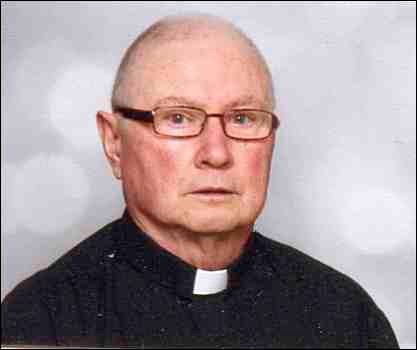I told Ed, my old neighbour in Saskatchewan, that an election has been called for those of us who live in British Columbia. It will be 23 days of political leaders and candidates tooting their own horns and dismissing their opponents.
When there is an election coming, you expect candidates to be doing their best to discredit their rivals. We sometimes criticize ourselves, but we may be much more comfortable with being critical of others.
For those of us who are not politicians, it is always a shock to discover that another person is not jus asking a question of us but wants to discredit us in other peoples’ eyes. Ed said, “Those who criticize us may mean no harm towards us, but no one escapes having someone who does not like them, and do not want anyone else to like them either. It is hard to see, right away, who is questioning and confronting us with pure poison motives towards us.
As a Bible student, I should realize there is never an end to confrontations with the motive to harm or discredit another person in scripture. Finding fault with others is tied to our sinful nature. It does not seem to be mean spirited until we are criticized. It is a reminder when it happens to us we need to reach heaven before criticism strife, and finding fault will be gone entirely.
Remember that Cain had a grievance against his brother Abel and killed him. Hopefully, our critics will not murder us. Being critical of ourselves can result in a change in us for the better. The danger of being critical towards others is that our motives may be to hurt the other person, not help them. Being critical of other people may become a way of poisoning ourselves.
In the 21st chapter of Matthew, we have the triumphal entry of Jesus into Jerusalem. When Jesus entered Jerusalem, the whole city was stirred by him as the prophet from Nazareth in Galilee. Everything Jesus did was offensive to the religious leaders there. After he arrived in the city, Jesus went to the temple and saw it as a den of robbers, and he drove out all who were buying and selling there. He overturned the money changers and the benches of those selling doves.
While Jesus was still at the temple, the blind and the lame came to Him, and He healed them. The chief priests and teachers of the law saw the wonderful things he did, but were indignant at him.
When Jesus entered the temple courts the next day and was teaching there, the chief priests and elders came to Jesus. They demanded that he tell them by what authority he was doing the things he had been doing and who gave him his authority. His rivals were hoping to charge him with blasphemy. They could arrest Jesus if he said his authority was from heaven or God. (Matthew 21: 1-23)
By Friday of that week, they would crucify Jesus, for admitting his authority was from God. They killed him by crucifixion. Criticizing another can so quickly become hateful character assassination or eventually murder.



